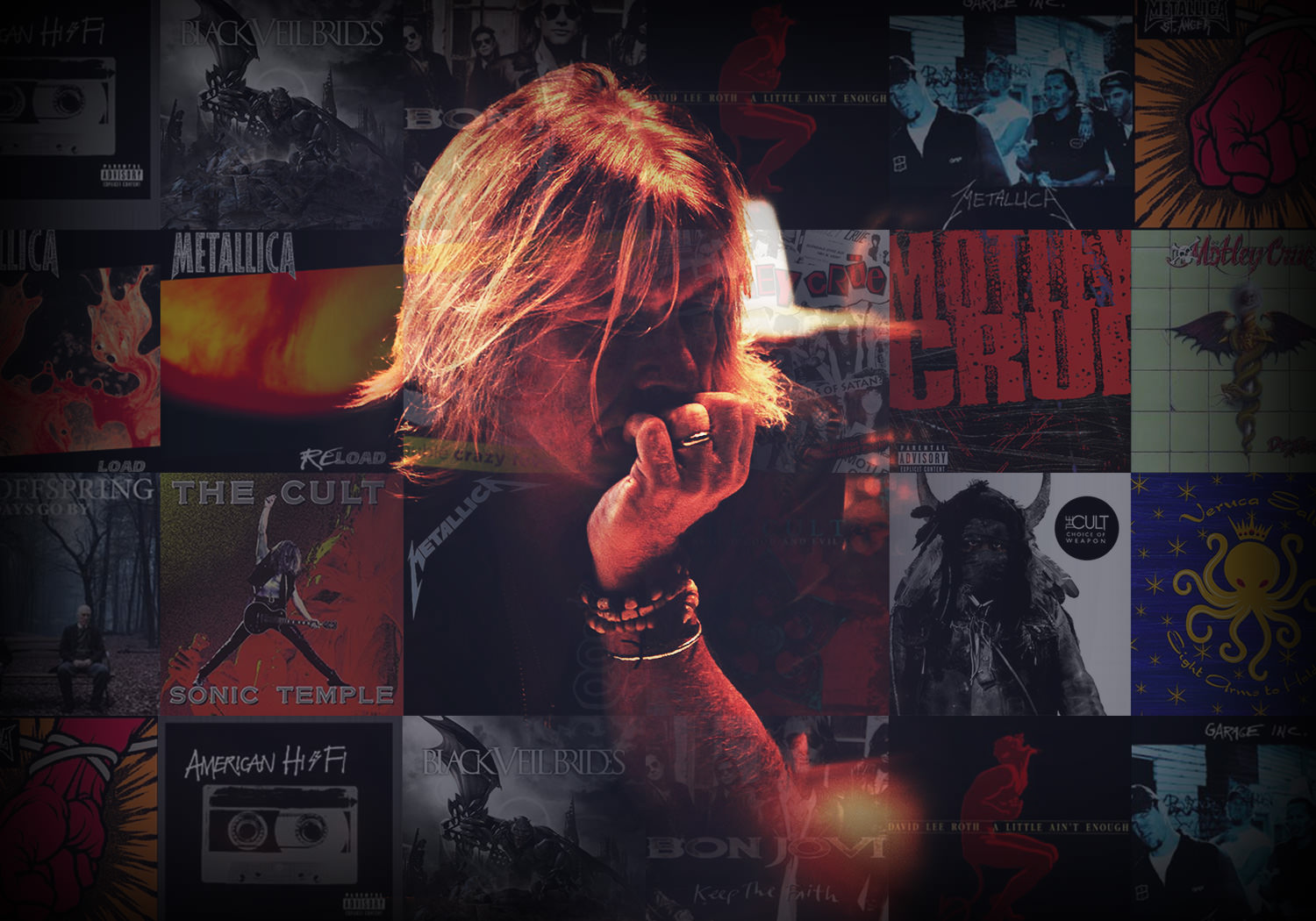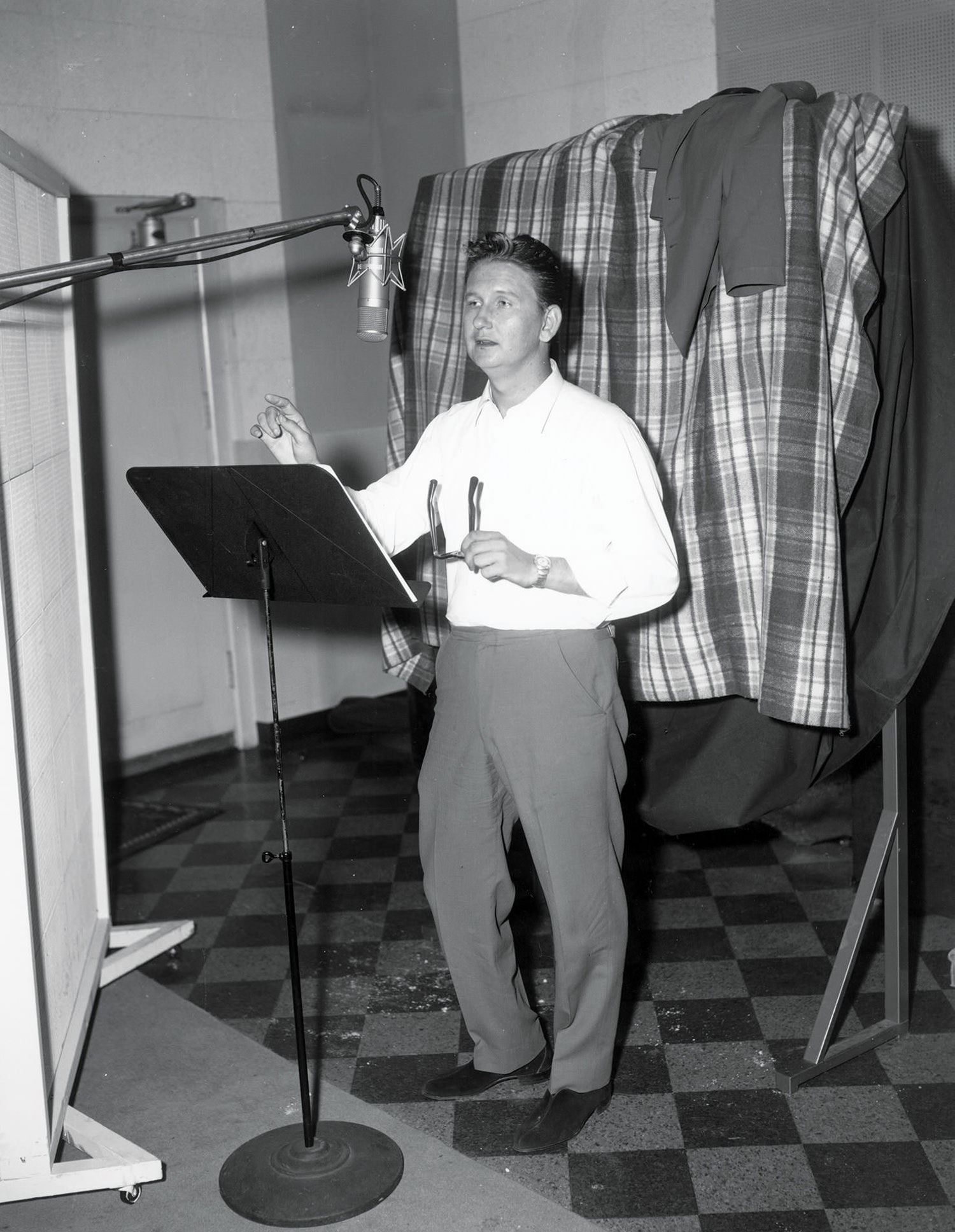[ listen-link ]
How was the Unsane session for Visqueen?
A very fast session. It was their first record with Ipecac Records and the budget was not huge. But that's also the way they like to work. And for me — my bands have played with them for a long time and we all knew each other, but getting to work with them as a producer and an engineer was huge, because the lineage of people who have worked with them in the past have either been idols or peers of mine. We did drums to tape. Vinnie [Signorelli] was learning the songs as we were recording. They'd run the song a few times, he'd come up with a few ideas and they'd have some discussions. He'd say, "Alright, I got it. I'm gonna do this and this." Then I'd hit record and he'd do something totally different. [laughs] So there'd be some discussions about whether it worked, then fine tune it, record it again — and something totally different. But Vinnie — hats off. He's been part of my favorite records and bands. He's a great drummer. So whatever he was delivering was great. So that was real quick. We'd set up the night before and did a day of drums. We did the bass live with the drums and fixed a couple things, then got a couple days with Chris [Spencer] to do guitars and vocals. Same thing with Chris — he likes to move really fast. A couple times I stopped him because something was out of tune or something, and he was bummed. He's like, "Why did you stop?" I set up everything before they even showed up, because I knew I wanted to do certain specific things and he would've been bored. If Chris gets bored, then everything goes bad, you know? When it came to mixing — I told them to leave me alone for the first mix and when they came in to check it, they loved it. So they left me alone for the mixes. I was doing two or three a day. So tracking was about five days and mix was three or four days.
It sounds like most of that record is one guitar, with an ambient mic panned over. Then a second guitar jumps in for big parts.
That's exactly what it was. Some of this stuff I don't remember, but I know I was panning ambient mics with two amps. He was running a Marshall JCM800 and a [Fender] Super Reverb. The Super was cleaner than the Marshall, so I probably had that at 10:30 and the distorted amp all the way to the left, and then the ambient mic all the way to the right, and maybe the bass even a little bit off [center] sometimes.
Yeah, the bass is panned way off. I mean, the bass tone is so big, it's like a guitar.
Yeah, so it was probably a little bit of a mutant Live At Leeds thing at times. But I can't remember specifically.
Come on, man. I'm here to interview you for a recording magazine.
[laughs] I had a guy email me asking about the bass tones on that record and a Cave In record, and I'm like, "I don't remember! I just did it and moved on!"
Dave [Curran]'s bass tone is always incredible. It sounds like God's balls. And his rig is so simple, right?
Yeah. [Fender] P-Bass into a [Pro Co] Rat into an [Ampeg] SVT-3 Pro.The best thing about Dave is that he knows what he wants. When he came in I had just done the Daughters record, and we used two bass rigs for that record. We used two SVTs and it worked great. One was tight and clean, and one was just a big mess. So I tried it with Dave and he looked like a kid just stole his lollipop. I'm like, "But I'm still recording your thing! I just have another thing!" And he's all [makes sad face], "This is what I do." I was like, "Alright, I just have to capture what he does."
Scott Evans plays in Kowloon Walled City and records loud bands in San Francisco. www.antisleep.com





